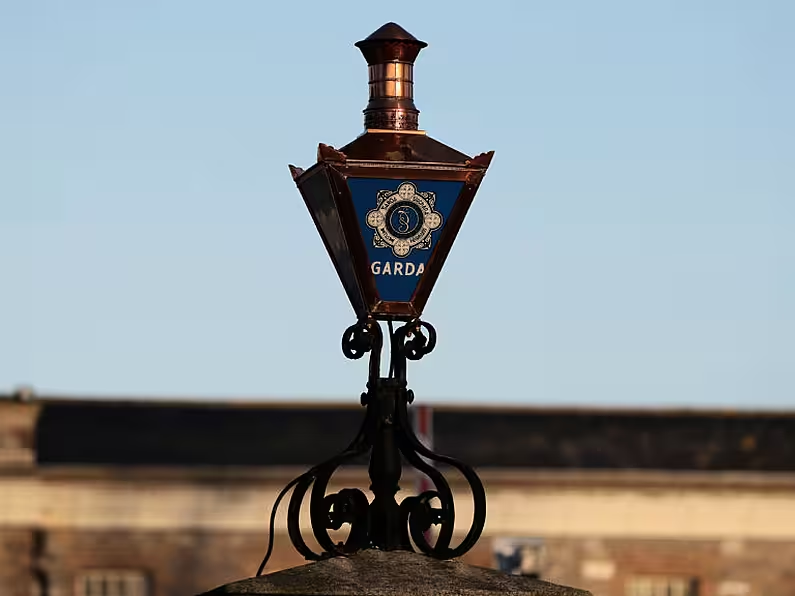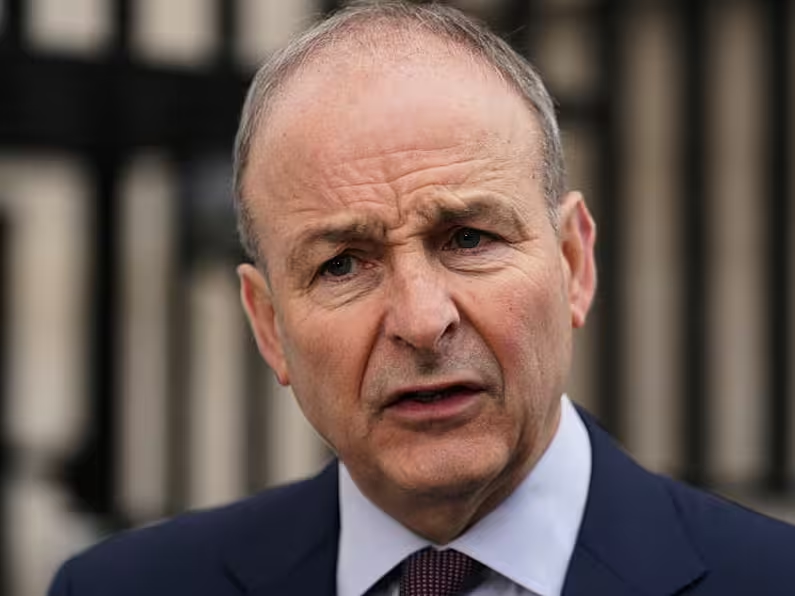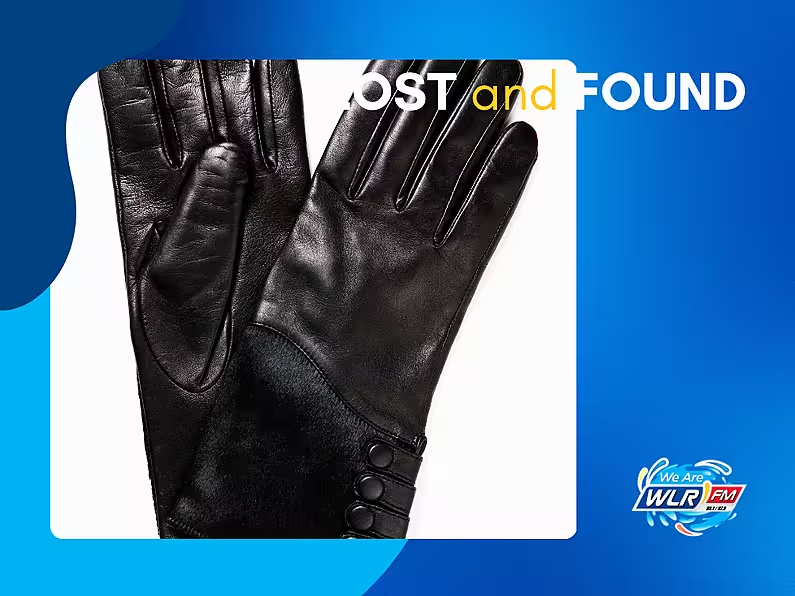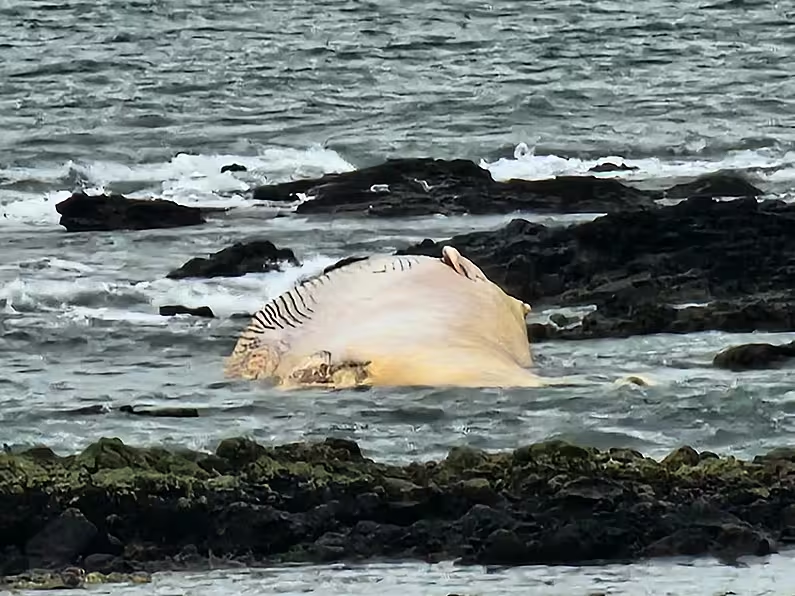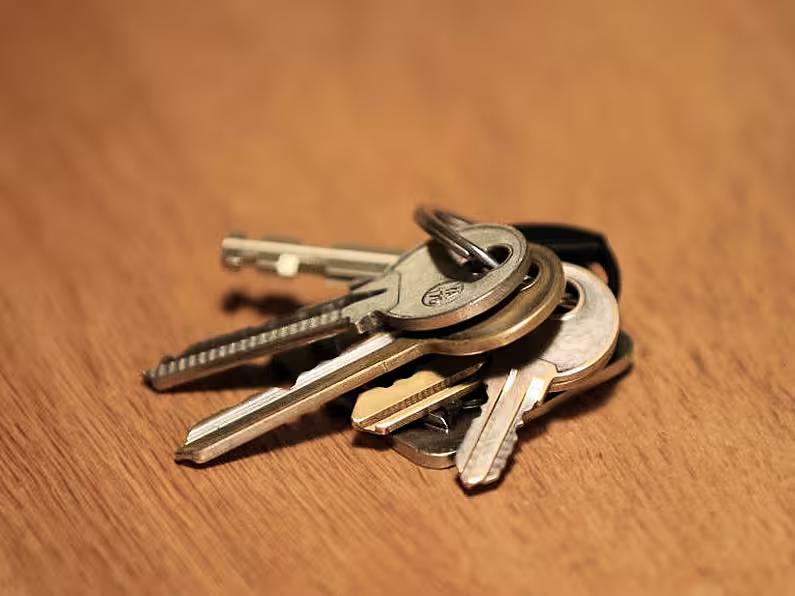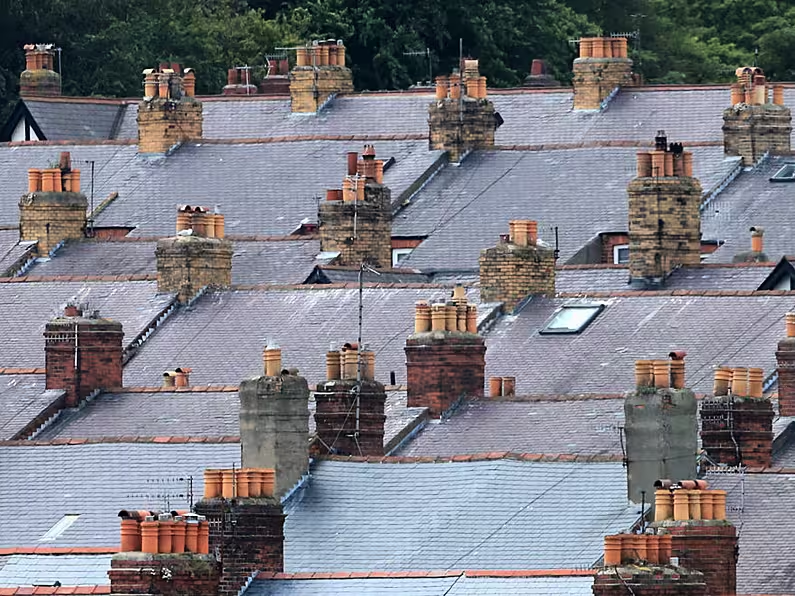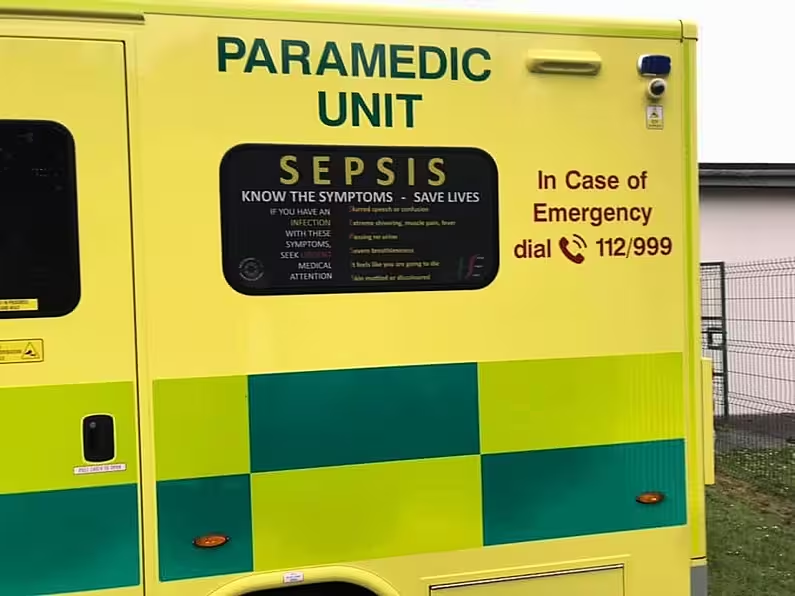By Cillian Sherlock, PA
Bodycams would have greatly assisted gardaí investigating the Dublin riot, the commissioner has said.
The technology, being actively trialled in Ireland for the first time on Friday, allows gardaí to record their interactions with the public for evidence-gathering purposes.
One hundred frontline gardaí in Dublin have been trained in the use of the cameras.
Gardaí from Pearse Street, Kevin Street and Store Street stations are now able to use the technology as part of a pilot scheme.
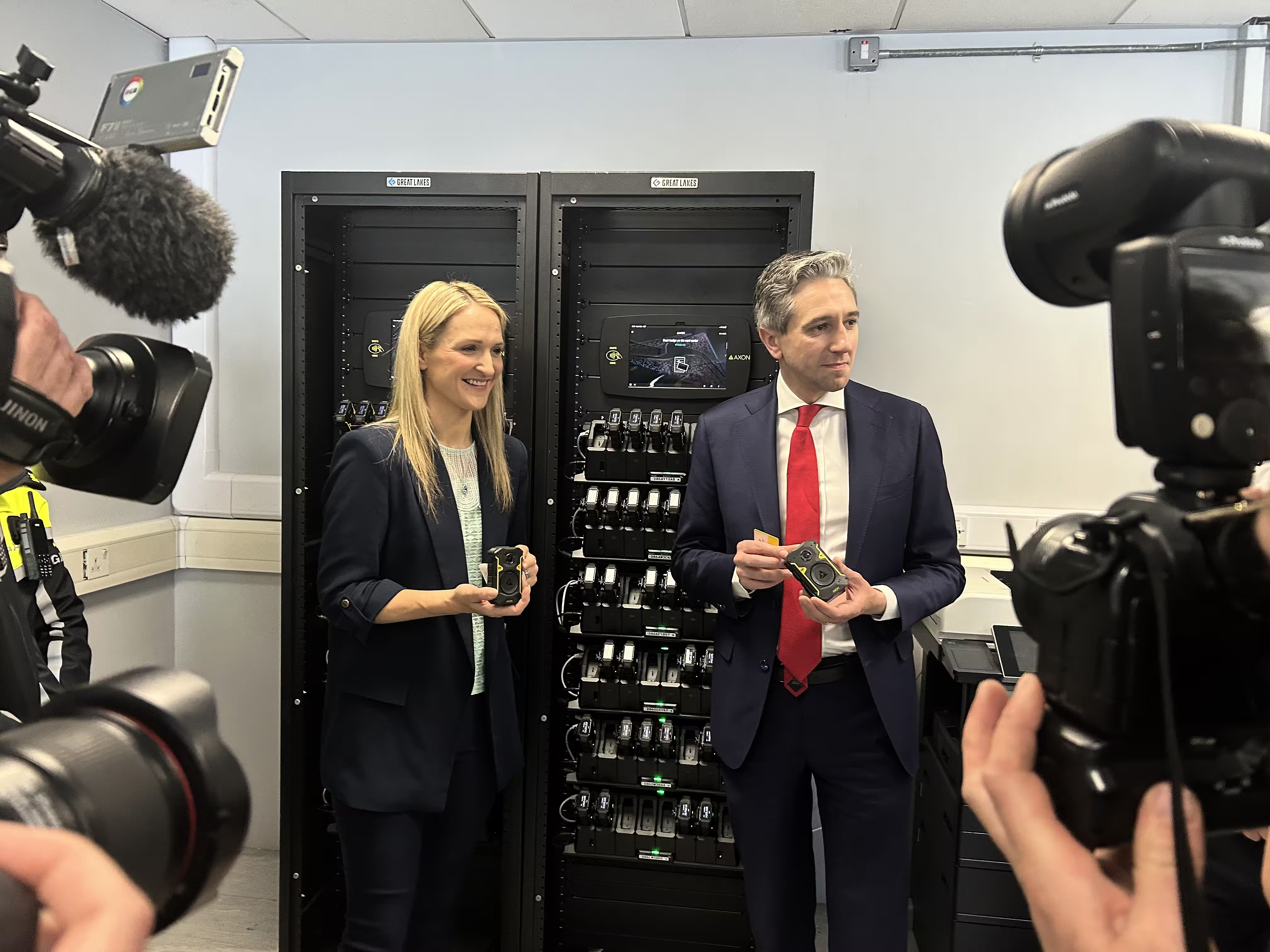
It is anticipated that up to 400 frontline gardaí in Dublin will be fully trained in their use by the end of June.
The introduction of bodycams was recommended by the Future of Policing Commission and has long been sought by Garda unions.
However, critics have warned that the introduction of the technology without proper safeguards could significantly infringe on the fundamental rights of citizens.
Police services in other jurisdictions, including Northern Ireland, have been using bodycams for years.
An Garda Síochána said its phased “proof-of-concept” trial on several different types of bodycam.

The trial will test the technical capabilities of each camera, how they will be used operationally and the implications for training and governance of their use.
Speaking on Friday, Commissioner Drew Harris said the pilot phase was an “important milestone” for the organisation’s drive for further information-led policing.
He said the cameras will act as important evidentiary tools.
He added: “International experience has also shown that body-worn cameras will increase safety for gardai and the public.
“Now through this proof of concept we will be able to refine our systems and processes for Body Worn Cameras based on experience and feedback.”
Mr Harris said the use of the devices will be part of gardaí’s overall investigative strategy “to deal with political extremism” that develops into offences like assault and intimidation.

Asked how the technology would have assisted in investigating the Dublin riot, he said that cameras have been shown to “temper behaviour”.
He said it would have given gardaí more footage of the early stages of the disorder, including “verbal abuse and extreme language” not captured in muted CCTV footage.
He added: “The audio betrays the intent of the individual so it would have been of great assistance.”
Footage will be saved on the device’s own encrypted internal storage system before being uploaded at a garda station at the end of the member’s shift.
It is envisaged that the footage could be used to support investigations and prosecutions.
Gardaí said footage will be deleted after an agreed time period if it is not being used as evidence.
An Garda Síochána believes that the cameras will improve safety for members, enhance accountability and result in fewer complaints of misconduct and challenges to arrests.
Additionally, it said it will save time and lower costs in investigations and court appearances.
Gardaí will not need to inform the public that they have turned the recording on.
It is estimated that the value of the entire “proof of concept” trial for the technology and associated services will be €2.1 million.
Taoiseach Simon Harris and Justice Minister Helen McEntee visited Store Street Garda Station to inspect the technology on Friday.
Mr Harris said the cameras are an important tool that will keep Irish streets safe and help protect gardaí.
He added: “It’s been a long frustration of many people in this country that it often seems that the only person at the scene of a crime or a protest without a camera has been a guard.”
Ms McEntee said she wanted to see bodycams on gardaí “the length and breadth of the country”.
The proposed trial was cautiously welcomed by the Irish Council of Civil Liberties (ICCL) when it was first announced.

However, the council said there was a need to be careful in ensuring adequate safeguards are put in place to protect people’s fundamental rights and cautioned against a later national rollout becoming a predetermined outcome.
The ICCL said it was concerned over the direct impact on people’s right to privacy and other civil liberties like freedom of assembly.
It has requested that the cameras be limited for use in specific circumstances rather than blanket surveillance.
In a statement, it said: “There is a heavy onus on the government and gardai to prove through these pilot programmes that any benefits from their use justify the risks and costs.”
It added: “This can’t be a mere box-ticking exercise.”
An Garda Síochána said the technology will be in compliance with GDPR legislation and captured data will be stored in accordance with relevant directives.
It said said it will continue to engage with stakeholders and communities as it develops its codes of practices around the cameras.
The pilot roll-out of bodycams will continue later this year in Limerick and Waterford.
The trial will inform decisions on their introduction in Garda Stations nationwide which, if approved, is expected to take up until 2026 to be completed.
A new Garda uniform was introduced in August 2022 and jackets issued at the time do not allow for the bodycams to be attached.
It means that gardaí using the cameras will need to be issued new jackets to be able to attach the small, lightweight devices.
Asked about this process, a garda spokesman said the process of issuing all gardaí with clothing capable of carrying cameras is already under way and that new jackets would normally be issued approximately every two years anyway.





